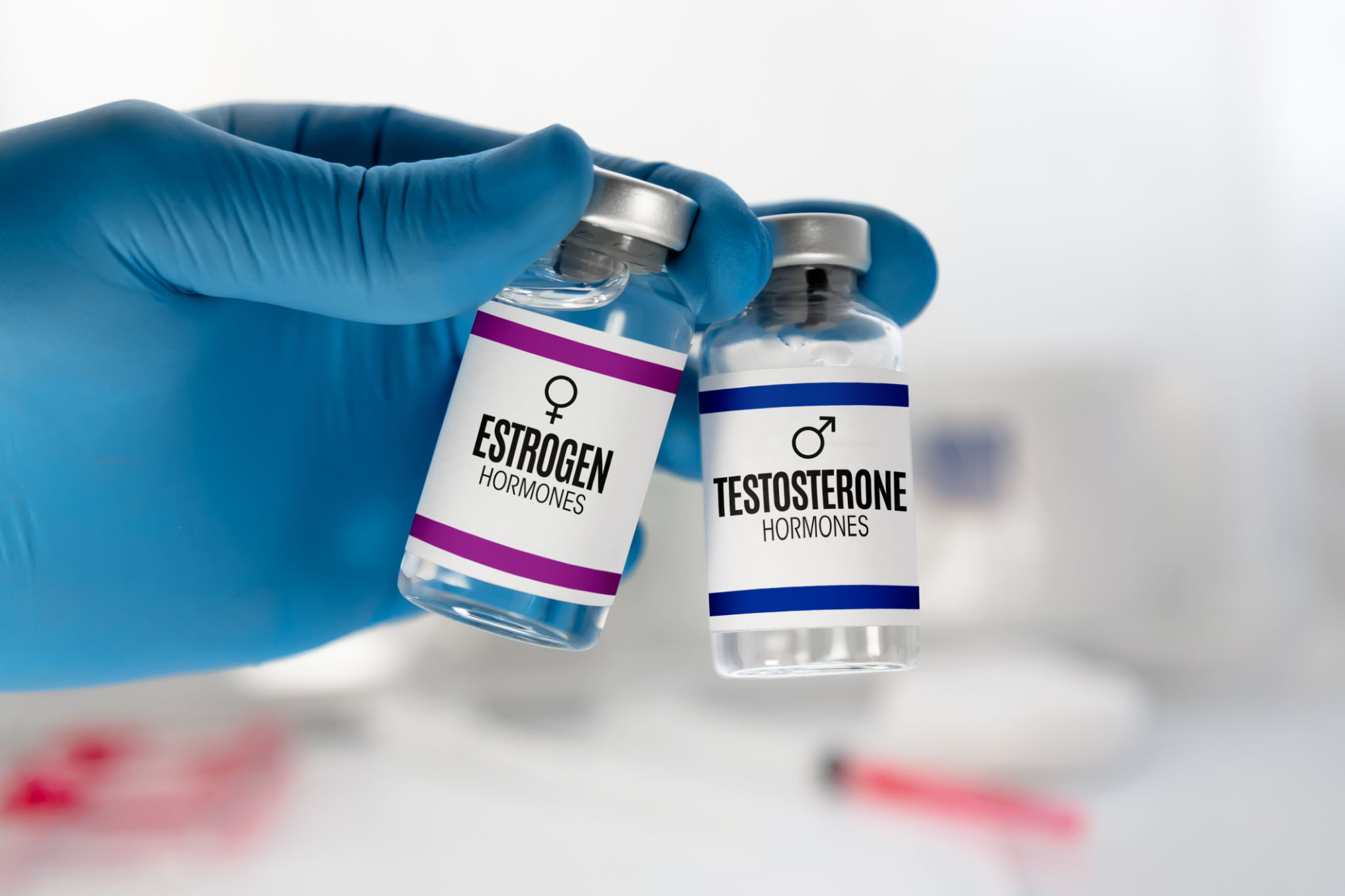Myth-Busting: Common Misconceptions About Hormone Replacement
Understanding Hormone Replacement Therapy (HRT)
Hormone Replacement Therapy (HRT) is a treatment often surrounded by misconceptions and myths, leading to confusion and hesitation. HRT is primarily used to relieve symptoms associated with menopause, such as hot flashes, mood swings, and decreased bone density. However, many people are wary of its use due to lingering myths. In this post, we aim to debunk some common misconceptions about HRT and provide clarity on the topic.

Myth 1: HRT Is Only for Women
It is a common belief that HRT is exclusively for women experiencing menopause. While it is true that HRT is often used to alleviate menopausal symptoms, it is not limited to this demographic. Men can also benefit from HRT, particularly when addressing conditions such as low testosterone levels, which can lead to issues like fatigue, depression, and decreased libido.
Myth 2: HRT Causes Cancer
One of the most pervasive myths about HRT is its association with cancer, particularly breast cancer. While some studies in the past have suggested a link between HRT and an increased risk of certain cancers, more recent research indicates that the risk is much smaller than previously thought. It is essential to understand that the risk varies depending on the type of HRT, dosage, and duration of treatment.

Myth 3: HRT Leads to Weight Gain
Another prevalent myth is that HRT inevitably causes weight gain. However, studies have shown that weight gain during menopause is often due to aging and lifestyle factors rather than HRT itself. Some individuals may experience slight weight changes when starting treatment, but these are usually temporary and manageable with diet and exercise.
Myth 4: Natural Supplements Are Safer Than HRT
The idea that natural or herbal supplements are safer and more effective than HRT is misleading. While some supplements may offer relief for mild symptoms, they are not regulated or tested as thoroughly as prescription medications, which can lead to inconsistent results. It's essential to consult with a healthcare professional before replacing or supplementing HRT with natural alternatives.

Myth 5: HRT Is a One-Size-Fits-All Solution
Many people mistakenly believe that HRT is a universal treatment that works the same for everyone. In reality, HRT is highly customizable and should be tailored to each individual's needs. Factors such as age, health history, and specific symptoms must be considered when determining the appropriate type and dosage of HRT.
The Importance of Consulting Healthcare Professionals
Deciding whether or not to pursue HRT is a personal decision that should be made in consultation with a healthcare professional. A doctor can provide valuable insights into the potential benefits and risks associated with HRT and help determine the best course of action for each individual.
By debunking these myths and providing accurate information, we hope to empower individuals to make informed decisions about their health. Remember that each person's journey with HRT is unique, and what works for one individual may not be suitable for another.
